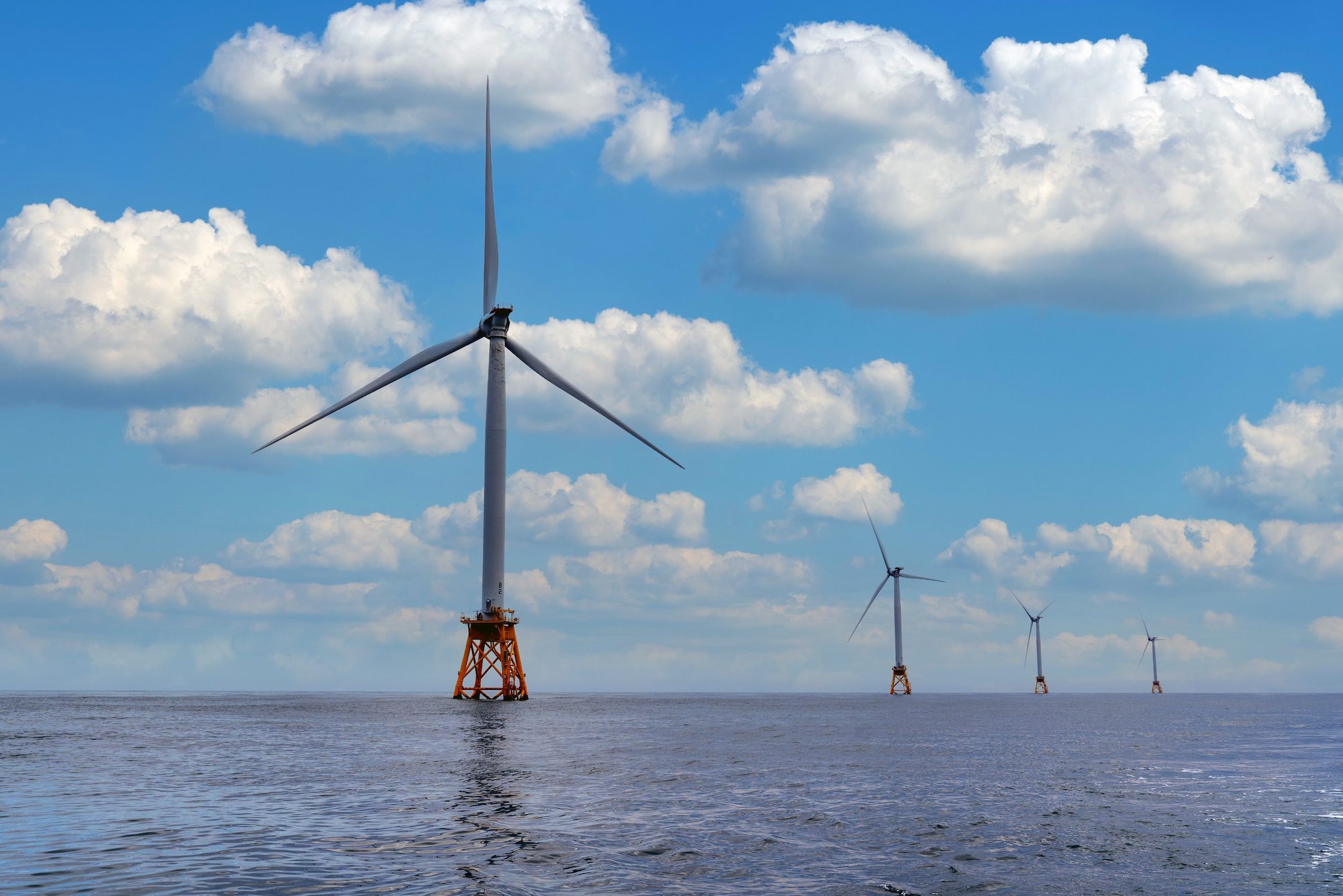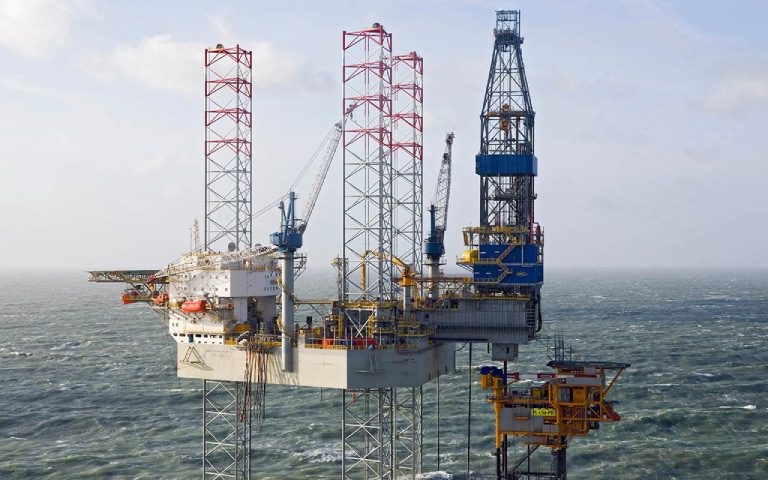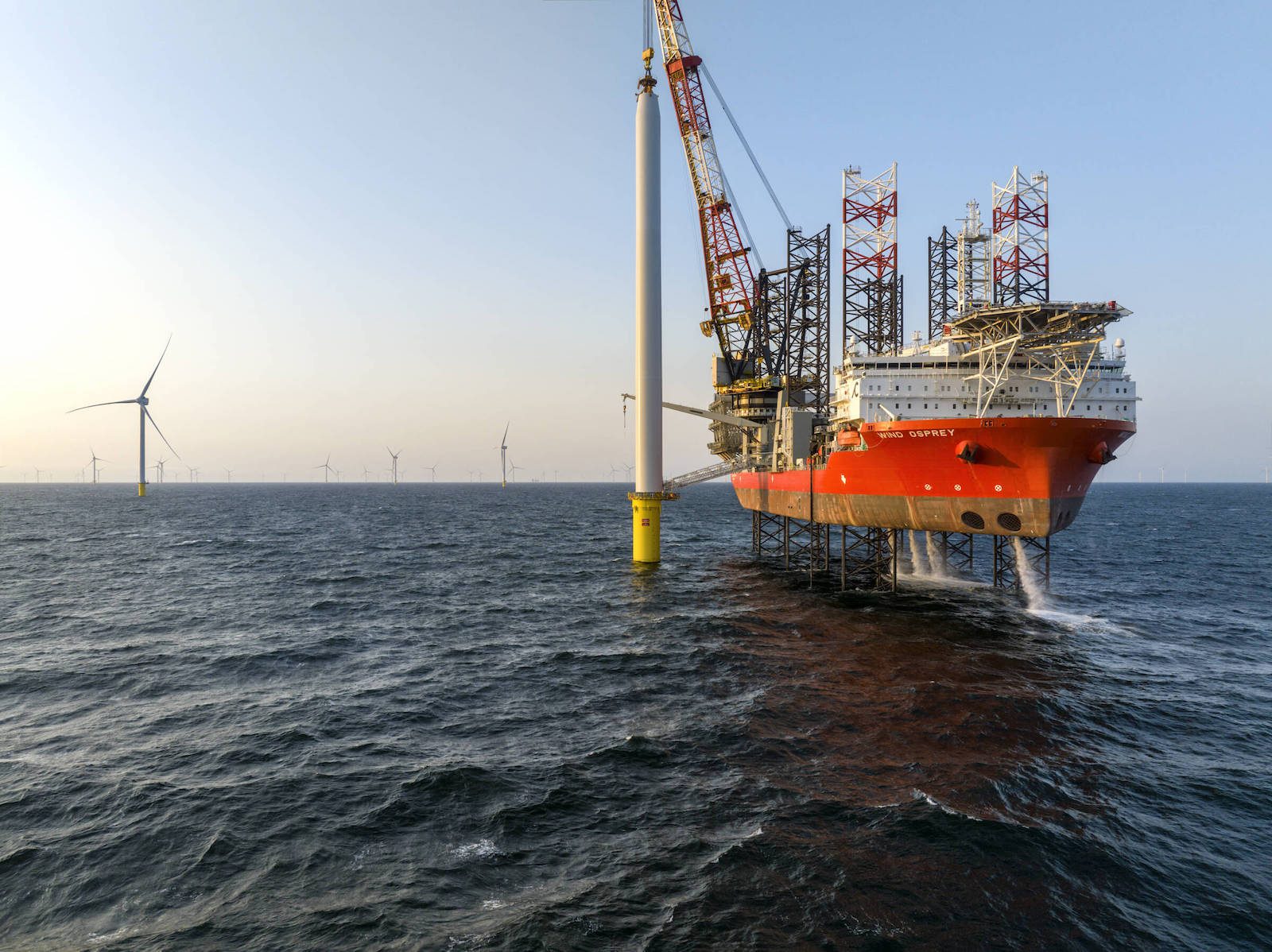U.S. Senator from Louisiana Bill Cassidy (R-LA) has introduced the American Offshore Worker Fairness Act, a bill he says will provide a level playing field between U.S. and foreign-flagged vessels conducting offshore energy activities in U.S. waters.
The bill also seeks to improve the oversight of foreign-flagged vessels and the mariners who work on these vessels.
“U.S. and Louisiana mariners and maritime companies lose when foreign vessels, which do not pay U.S. taxes, business taxes or payroll taxes, take advantage of loopholes to hire foreign workers for half the cost,” said Cassidy. “This bill levels the playing field to give the American worker a fair shot.”
Specifically, the American Offshore Worker Fairness Act would:
- Require mariners on foreign-flagged vessels be either U.S. citizens or citizens of the nation where the vessel is flagged.
- Limit the number of visas that could be issued to crew of each foreign vessel to 2.5 times the number of crewmembers on that vessel. This would allow for regular crew shift changes.
- Require foreign vessels prove their ownership on an annual basis.
- Require the USCG to inspect these vessels annually to ensure compliance with this law and that the crew members on these vessels secure TWIC cards from the U.S. Department of Homeland Security.
Current law includes exemptions that allows foreign vessels often with lower-wage crews to conduct certain offshore energy activities in U.S. waters. But Cassidy and others says this “loophole” undercuts U.S. vessels and mariners vying for the same work.
The legislation is also cosponsored in the U.S. House of Representatives by Reps Garret Graves (R-LA-06) and John Garamendi (D-CA-03).
“Our bipartisan bill closes an egregious Jones Act loophole so that foreign-flagged vessels are held to the same high standards as US-flagged vessels developing our nation’s offshore energy resources, including for offshore wind projects,” said Representative Garamendi. “As the former Ranking Member of the House Subcommittee on Coast Guard and Maritime Transportation, I know that American workers and US-flagged vessels are ready, willing, and able to do this work.”
Cassidy’s bill is supported by the Shipbuilders Council of America, Offshore Marine Service Association, and United Brotherhood of Carpenters.
“On a level playing field, U.S. vessels and U.S. merchant mariners can compete with any anyone on the plant. However, we cannot compete with mariners making far less than what any U.S. citizen would or should accept,” said Offshore Marine Service Association President Aaron Smith. “The American Offshore Worker Fairness Act closes this loophole and ensures that when foreign vessels operate in U.S. waters, they play by our rules and pay U.S.-level wages. As such, we wholeheartedly endorse this legislation and applaud Dr. Cassidy for all he is doing to help Louisiana mariners.”
“This commonsense, bipartisan legislation closes a loophole that has long been exploited by foreign competitors to undercut America’s maritime workforce,” said Matthew Paxton, President of the Shipbuilders Council of America. We applaud the efforts of Senator Cassidy, Representative Graves, and Representative Garamendi in showing leadership by standing up for the men and women of America’s maritime industry.”

 Join The Club
Join The Club











